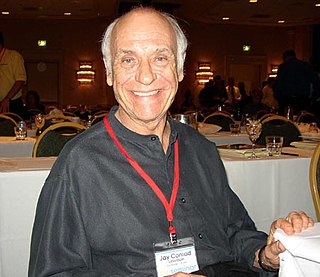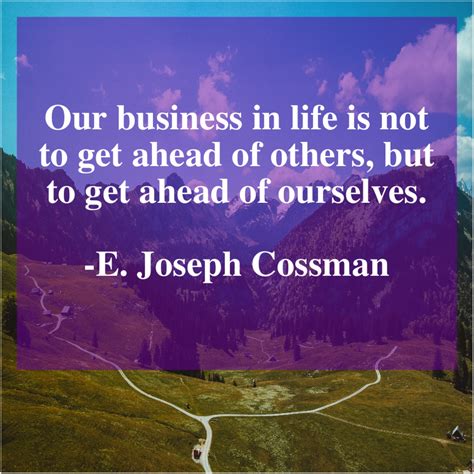A Quote by Tom Webster
If you do not pay for a service, you are the product they sell. So it ever has been.
Related Quotes
If you think of the product as a service, then the separate parts make no sense - the point of a product is to offer great experiences to its owner, which means that it offers a service. And that experience, that service, comprises the totality of its parts: The whole is indeed made up of all of the parts. The real value of a product consists of far more than the product's components.
Quality in a product or service is not what the supplier puts in. It is what the customer gets out and is willing to pay for. A product is not quality because it is hard to make and costs a lot of money, as manufacturers typically believe. This is incompetence. Customers pay only for what is of use to them and gives them value. Nothing else constitutes quality.
No product is an island. A product is more than the product. It is a cohesive, integrated set of experiences. Think through all of the stages of a product or service - from initial intentions through final reflections, from first usage to help, service, and maintenance. Make them all work together seamlessly. That's systems thinking.
Entrepreneurs don't really make mistakes, though. We just make decisions that seem right at the time, but which sometimes turn out to have been the wrong path to take. For example, we allowed a buyer to place a huge opening order and later had to take some product back. We didn't have our sell-through programs in place, so in hindsight, it would have been wiser to sell in less product at the outset. The scary thing is you are always making decisions without knowing the future.
I often hear that it's unfair that athletes should make what they make versus teachers, because who's more important. But that's not how the market works. Markets don't sign things. You know what you're worth is what somebody will pay you. It's not some arbitrary - the purpose of a company is not to create jobs and health care. That's not why they exist. And it's not to create fairness or any of that. That's not why people form businesses and try to sell a service or a product.
I think everyone should sell whatever product they want to sell for whatever price they want to sell it for, but ultimately the market will dictate what it is and people will have to charge less money for everything. Record companies have been overcharging people for way too long and now this is the trouble that they're in.
































